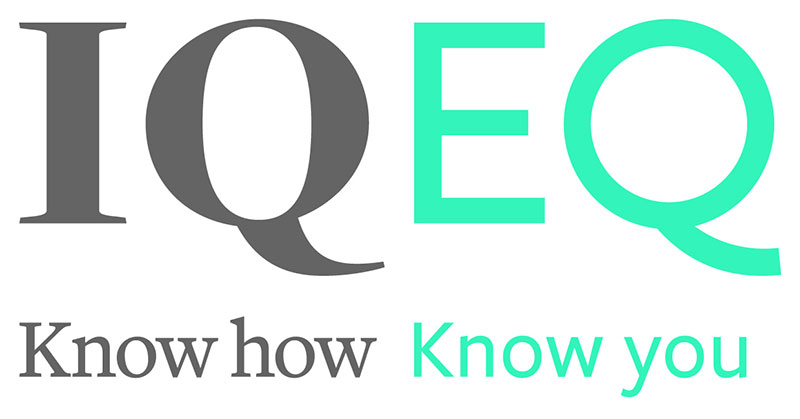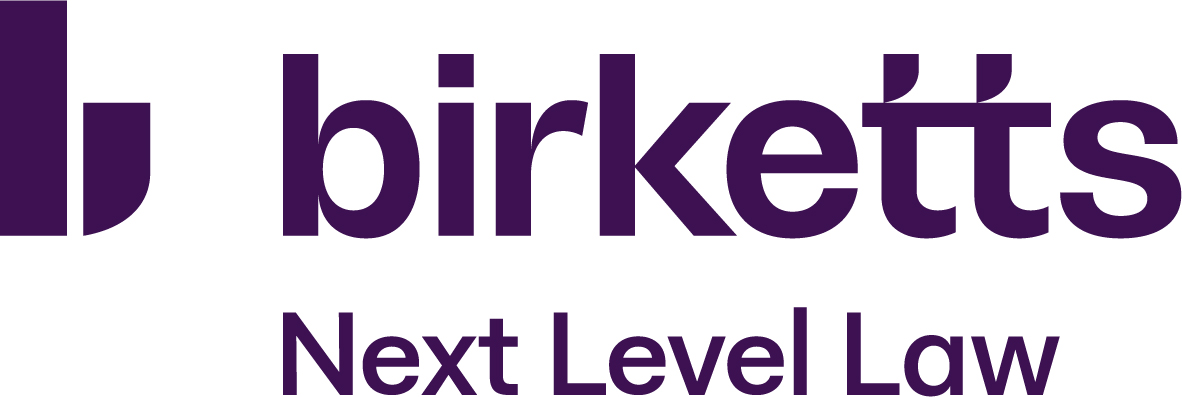Estate Planning for Your Digital Assets
The changes in technology over the past couple of decades mean that people are likely to leave behind significant digital assets after they die, but what are digital assets and what are the potential legal issues around these assets when someone dies?
What is a digital asset?
There is no legal definition of a digital asset however it is generally accepted to describe two different concepts that have different legal consequences:
- digital records that exist on computing devices and connected cloud services
- digital property rights that are associated with digital records and digital property interests.
What are the key issues surrounding digital assets when you die?
Digital assets do not fall neatly within a traditional estate plan. Digital records do not pass under a will, but digital property rights and interests do.
Digital records are part of the memory or storage of the computing device where they are recorded; they pass with, and as part of, the device. Many people today access photographs, videos, music, e-books, blogs, movies, emails, conversations, social media, games, bank accounts, medical records, and even maintain their identity - all online. These digital records can be just as precious and important as physical assets, and can have just as much sentimental value, but they have no separate proprietary existence or value. The digital property rights and interests that are associated with them, however, do have separate proprietary existence and may even have monetary value.
Many digital assets involve usernames and confidential passwords, the details of which are unsuitable to include in a conventional will. The security surrounding cryptocurrencies is even more advanced and the design of the private key demonstrates the importance of making your executors aware not only of the asset itself, but the details required to access it.
What practical steps can you take to prepare and protect your digital estate?
- Keep an inventory of your digital assets and any relevant login details. If you have cryptocurrencies, we can suggest different ways that you can safeguard your private key and wallet access codes.
- Review the terms and conditions that you agree to when creating online accounts and where possible nominate someone to deal with your account post death (e.g. name a Legacy Contact on Facebook or nominate an Inactive Account Manager on Google).
- Make hard copies, burn to CD or USB, or download onto a separate external hard drive any data currently stored solely online.
- Regularly review and update your digital assets inventory, perhaps every year, and update any instructions or wishes communicated in your letter of wishes concerning these assets.
It is important to be aware of these difficulties so that you can plan ahead to prevent digital assets of sentimental or monetary value being lost, locked or destroyed after you die.
For more information or advice on protecting your digital assets please contact John Annetts, Estate Administration partner at Howard Kennedy.
Call: 020 3755 5362
Email John Annetts
Website
Sponsorship
Find out why leading brands in the private client industry are partnering with PCD to raise their profile, make connections and drive new business.
Membership
Find out how you can participate in the leading club for international private client advisors and unlock opportunities around the globe.




















